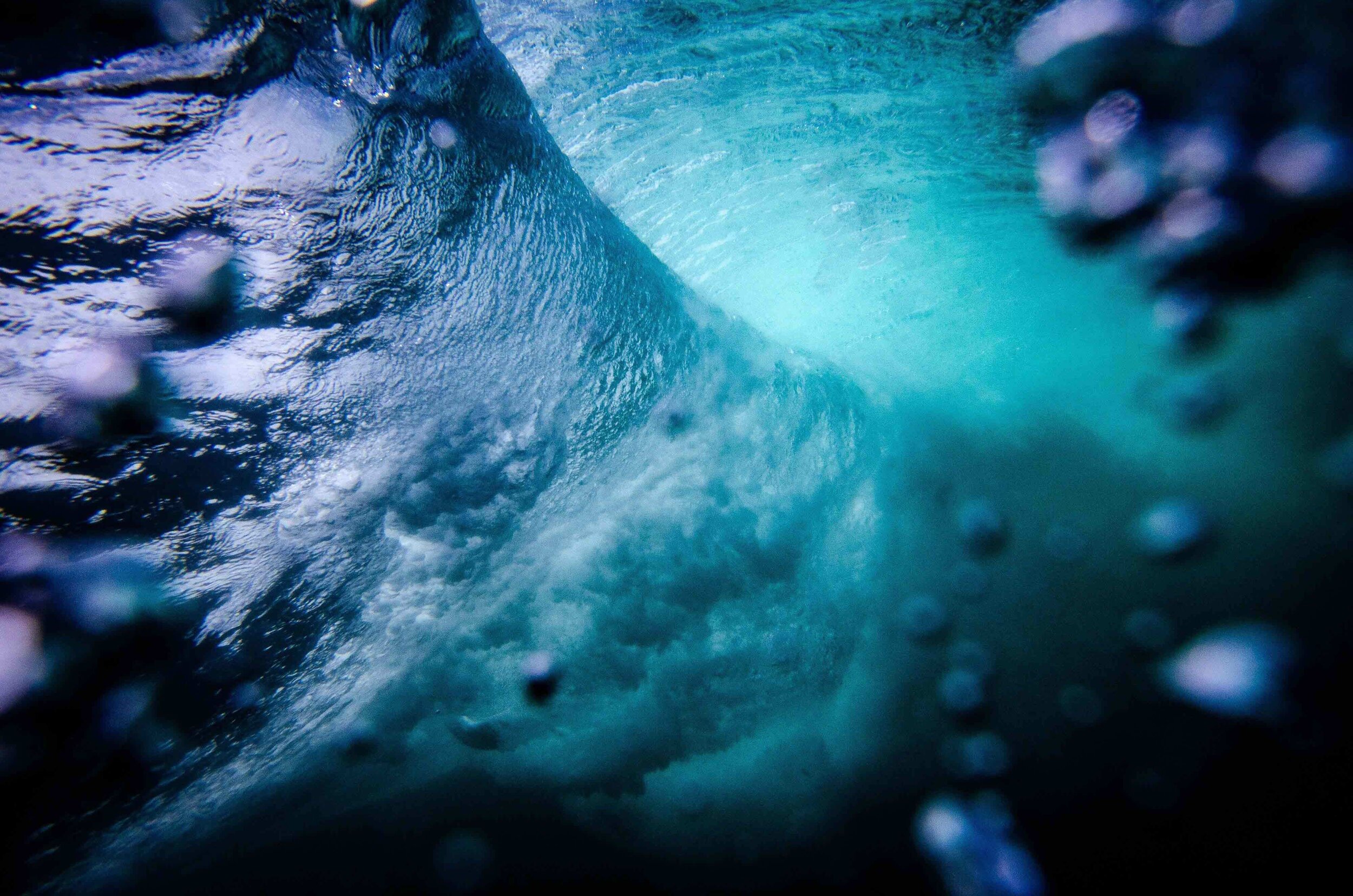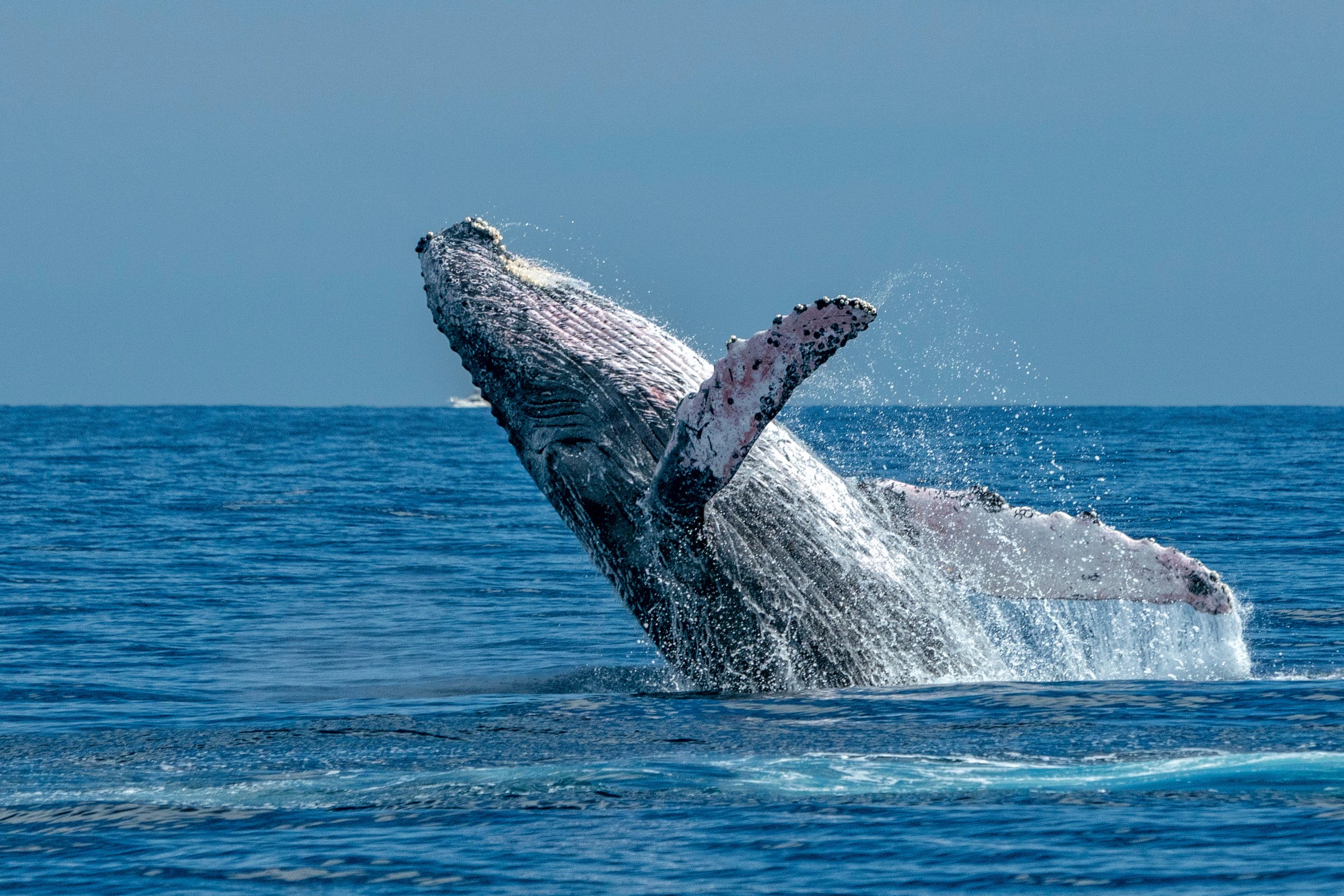
Sustainable Shipping.
We work with the International Maritime Organization legislators, government agencies, and other organizations to protect human health and the environment. by reducing shipping’s climate impact, improving air quality, preventing the spread of invasive species, and reducing marine noise.
-

Climate Action
Shipping must contribute to reducing greenhouse gas emissions in both the short and the long term, and global regulation through the IMO will play a key role. The IMO’s 2030 target, a 40% efficiency gain, can be met with efficiency improvements. The carbon reductions required by the IMO target of reducing total emissions from international shipping by at least 50% by 2050 compared to 2008, will only come from identifying and developing new zero-carbon technologies so that commercially viable zero carbon ships can begin to operate in the 2030’s.
-

Reducing Air Emissions
Together with our members, we lead the call for stringent international standards controlling air emissions from ships. Recent important developments where WSC has contributed include the IMO 2020 reduction of the cap on sulphur emissions from ships on the high seas from 3.5% to 0.5%, and the introduction of regional Emission Control Areas (ECA zones) limiting sulphur and NOx emissions from ships in specific geographic areas of the world. The decarbonization of the industry should also serve to reduce and eventually eliminate NOx, SOx, and PM emissions as the industry moves away from carbon fuels.
-

Stopping Invasive Species
The movement of containers and their cargoes can facilitate the introduction and spread of invasive pests to communities around the world, posing a serious risk to agriculture, forestry and natural resources. Container flows are complex and involve multiple border crossings, multiple modes of transport and handovers of control between actors. Everyone in the supply chain must work together to stop the transfer of pests.
-

Protecting Marine Life
We share the oceans with whales and other marine life that traverse these waters and are especially vulnerable to collisions with vessels and noise generated by vessels. WSC is working closely with NGOs, governments, and other organizations to find ways to protect cetaceans from shipping.
-

Responsible Recycle and Waste Management
WSC is participating in efforts at the IMO to review current requirements and to strengthen the international rules governing the management of ship generated waste. Ships themselves are durable, normally operating for 25-30 years, and at end of service their valuable steel, machinery and other materials is recycled. They usually also contain some hazardous materials such as oil or lubricants which must be safely taken care of.
-

Illegal Wildlife Trafficking
Preventing, detecting, intercepting and prosecuting wildlife trafficking by sea requires a holistic approach across multiple sectors including widespread awareness, effective and automated risk profiling, innovative detection techniques, collaboration between law enforcement and private sector, proper investigation and prosecution practices.
